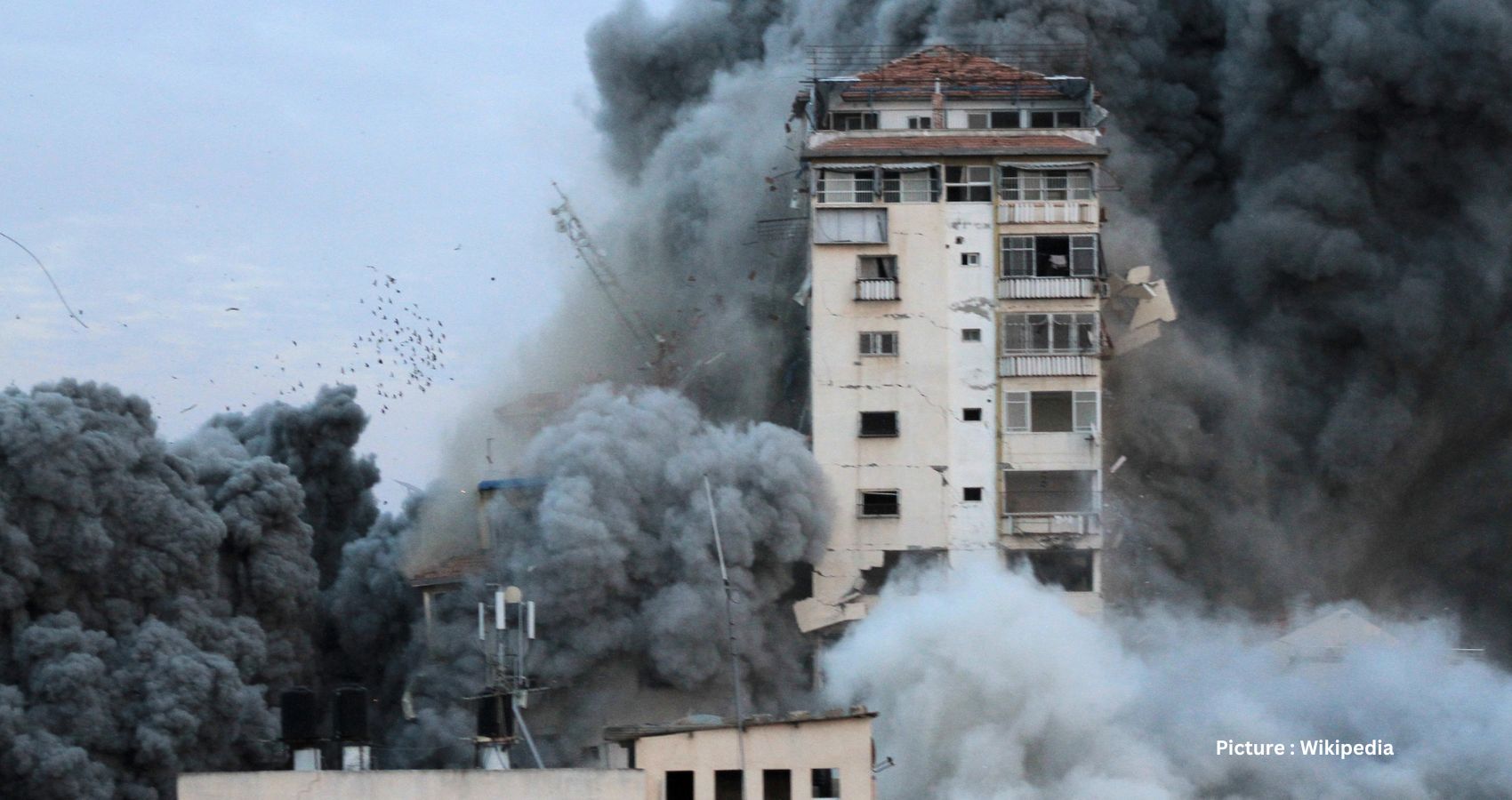A recent assessment from the U.S. State Department suggests that Israel may have breached international humanitarian law during its military actions in Gaza, though the report refrains from making definitive judgments about Israeli conduct in its conflict with Hamas.
The Biden administration initiated this review of Israel and six other nations receiving U.S. arms. While facing criticism domestically and internationally, this evaluation does not mandate any specific responses.
The report reflects a growing level of scrutiny towards Israel within the administration, coupled with frustration over its handling of the conflict. Despite this, President Biden maintains his support for Israel’s efforts to combat Hamas in Gaza.
The investigation focused on two main inquiries: whether Israel misused U.S. weapons in violation of international law and whether it hindered humanitarian aid.
Regarding the former, the report stated, “It is reasonable to assess that [U.S.] defense articles … have been used by Israeli security forces since October 7 in instances inconsistent with its [International Humanitarian Law] obligations or with established best practices for mitigating civilian harm.” Although numerous instances of civilian casualties in Israeli airstrikes raised serious concerns, conclusive evidence was lacking.
Palestinian health officials claim that over 34,000 Palestinians, mostly women and children, have died in Gaza, while Israel asserts it has killed more than 13,000 Hamas fighters.
On the matter of humanitarian aid, the report initially criticized Israel for impeding aid efforts, but acknowledged subsequent cooperation. However, recent disruptions at the Rafah border crossing have severely impacted aid delivery.
The Biden administration’s decision to withhold a shipment of over 3,000 large bombs to Israel indicates a shift in approach, though it is unlikely to significantly affect Israeli operations in Gaza.
While the U.S. supports Israel’s goal of defeating Hamas in Rafah, it opposes a full-scale assault due to concerns about civilian casualties. The lack of a credible plan to protect civilians in Rafah is a point of contention.
A national security memorandum issued in February mandated the report, prompted by congressional Democrats’ concerns about potential violations of international law.
Although the report does not legally obligate the U.S. to cease arms transfers, it may influence future policy decisions. However, analysts doubt significant changes will occur, noting President Biden’s reluctance to alter his stance on Rafah.
Israeli Prime Minister Benjamin Netanyahu has reiterated his resistance to external pressure, including from the White House, highlighting potential challenges in U.S.-Israel relations.
The report raises questions about how President Biden will manage his relationship with Netanyahu, particularly regarding Gaza. Despite threats of policy adjustments, little substantive change has materialized, leaving uncertainty about the administration’s red lines.


